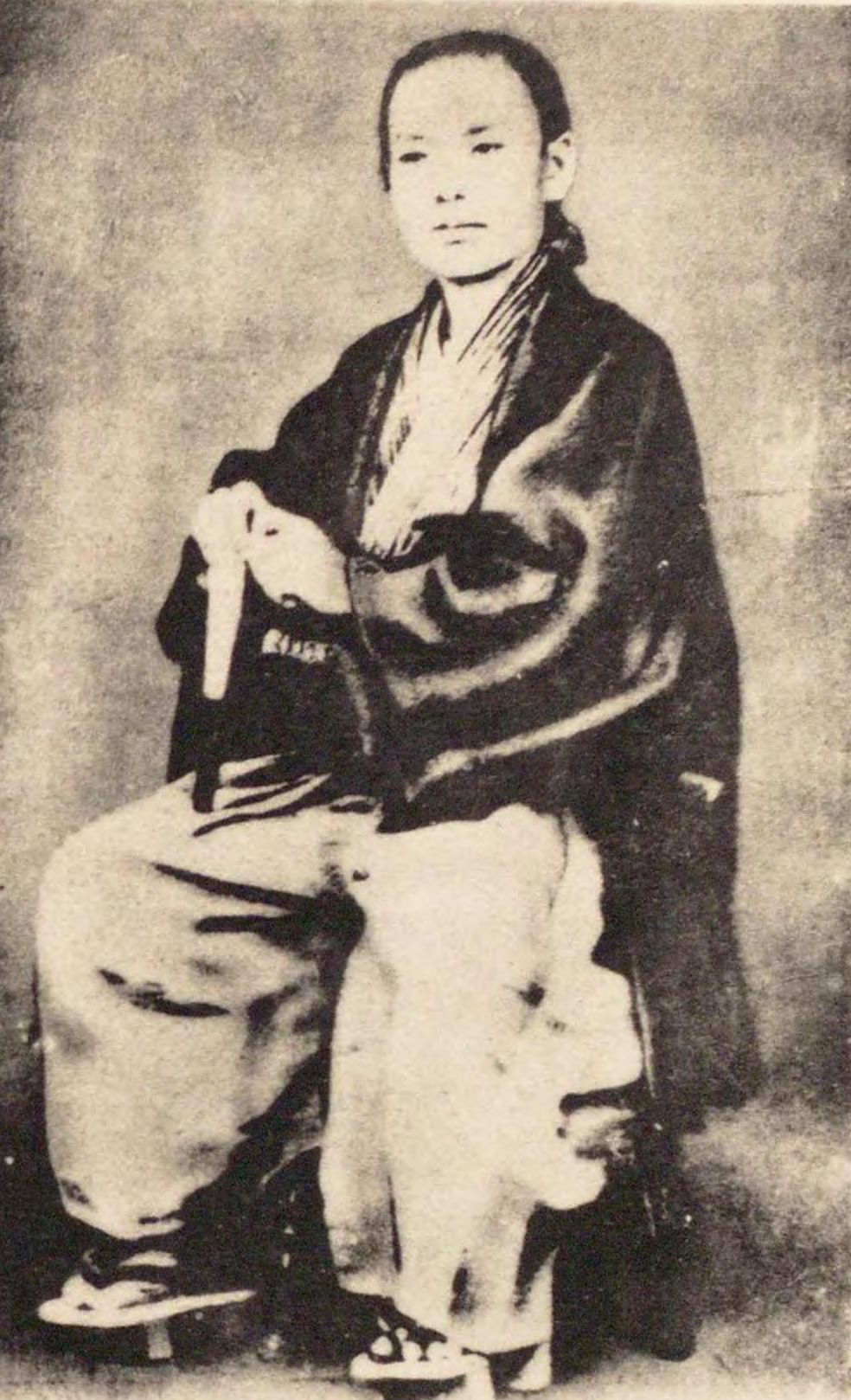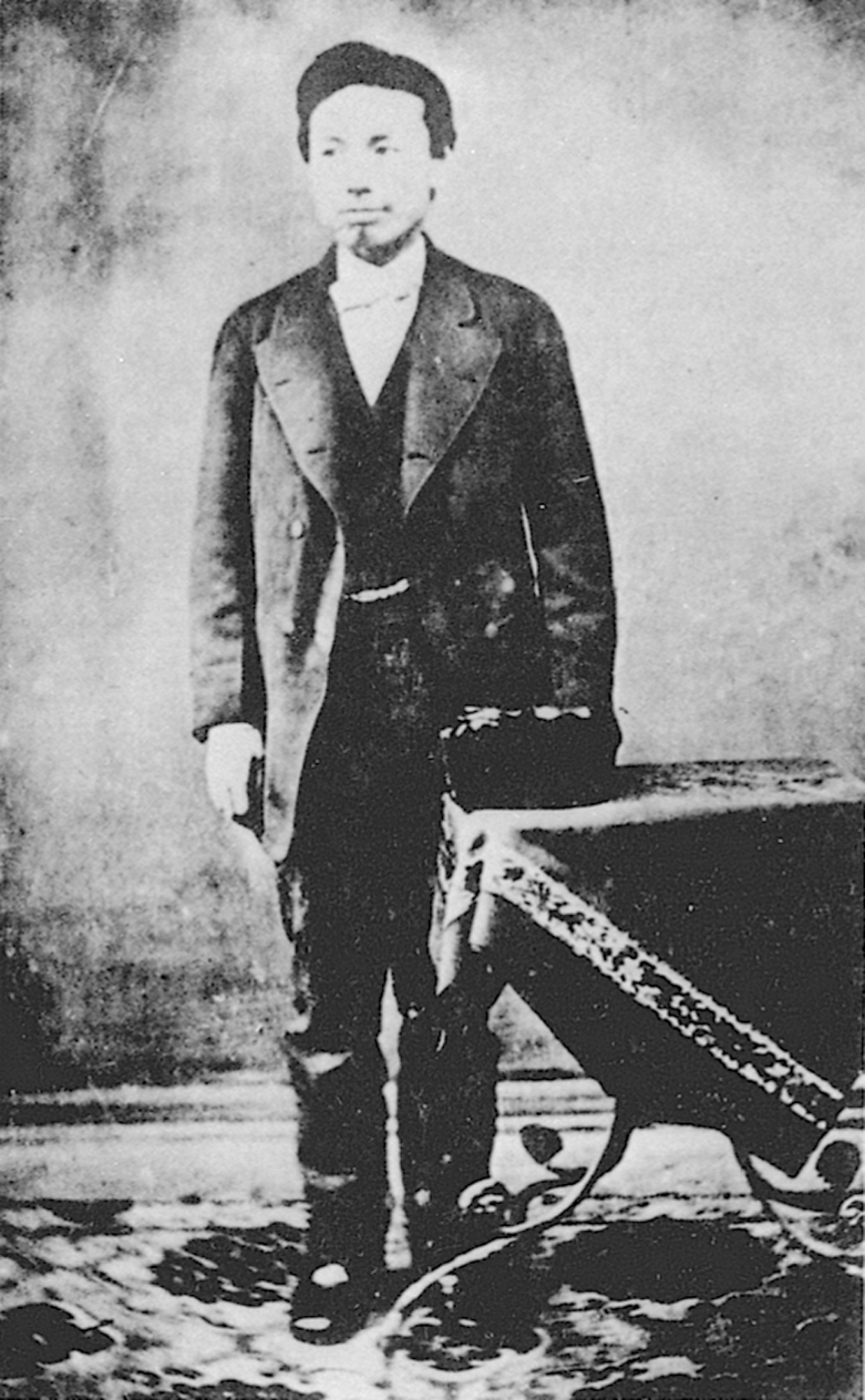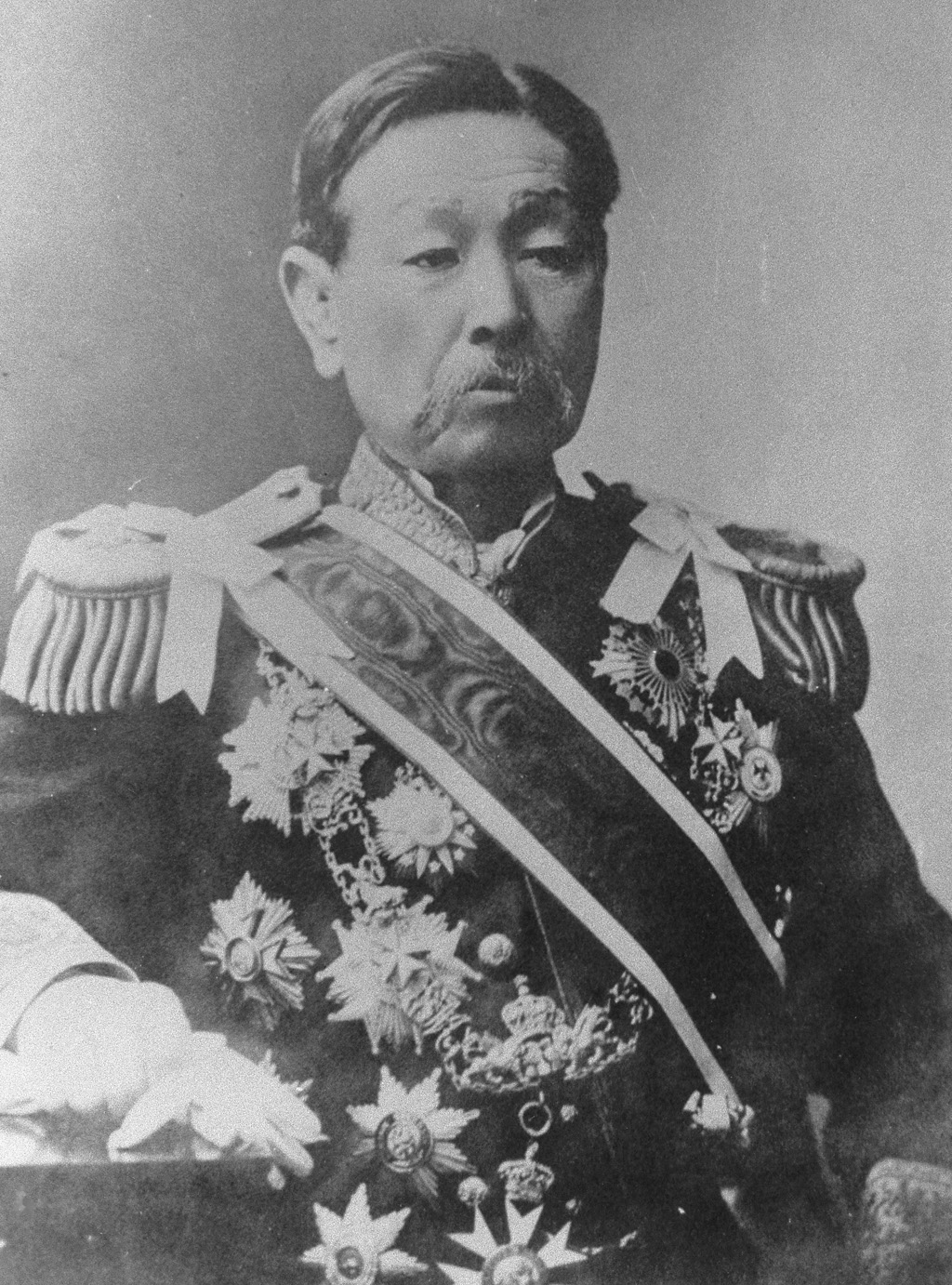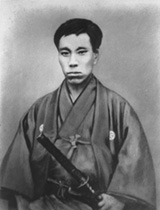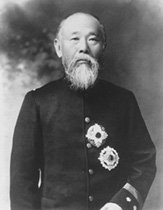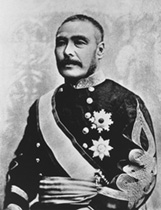INOUE Kaoru
- Date of Birth and Death
- January 16, 1836 - September 1, 1915
- Birthplace (modern name)
- Yamaguchi
- Occupation, Status
- Politician
- Pen name etc.
- Segai
Description
Statesman, who became a genro (elder statesman). Born in Yamaguchi, the son of a goshi (lower-ranked samurai) of the Hagi Clan. Together with comrades such as Shinsaku Takasugi, etc., he played an active part in the sonno joi undo (movement to revere the emperor and expel the barbarians). After the Meiji Restoration, he held such important posts as san'yo (senior counselor), okura taifu (senior vice minister of the Ministry of Finance), sangi (councillor), Kobukyo(Industry Minister), and gaimukyo(Foreign Minister). In 1876, he was involved in the conclusion of the Japan-Korea Treaty of Amity as vice-ambassador extraordinary and plenipotentiary. Closely linked to business circles, including Mitsui, he was also involved in the railway business. In 1885, he became Minister of Foreign Affairs in the first Ito cabinet. Promoting the Westernizing policy symbolized by the Rokumeikan, he worked hard aiming to revise the unequal treaties. He held important positions such as Minister of Agriculture and Commerce in the Kuroda cabinet, Minister of Home Affairs in the second Ito cabinet and Minister of Finance in the third Ito cabinet, and he continued to be highly esteemed as a genro (elder statesman) after retiring.
SNS
INOUE Kaoru
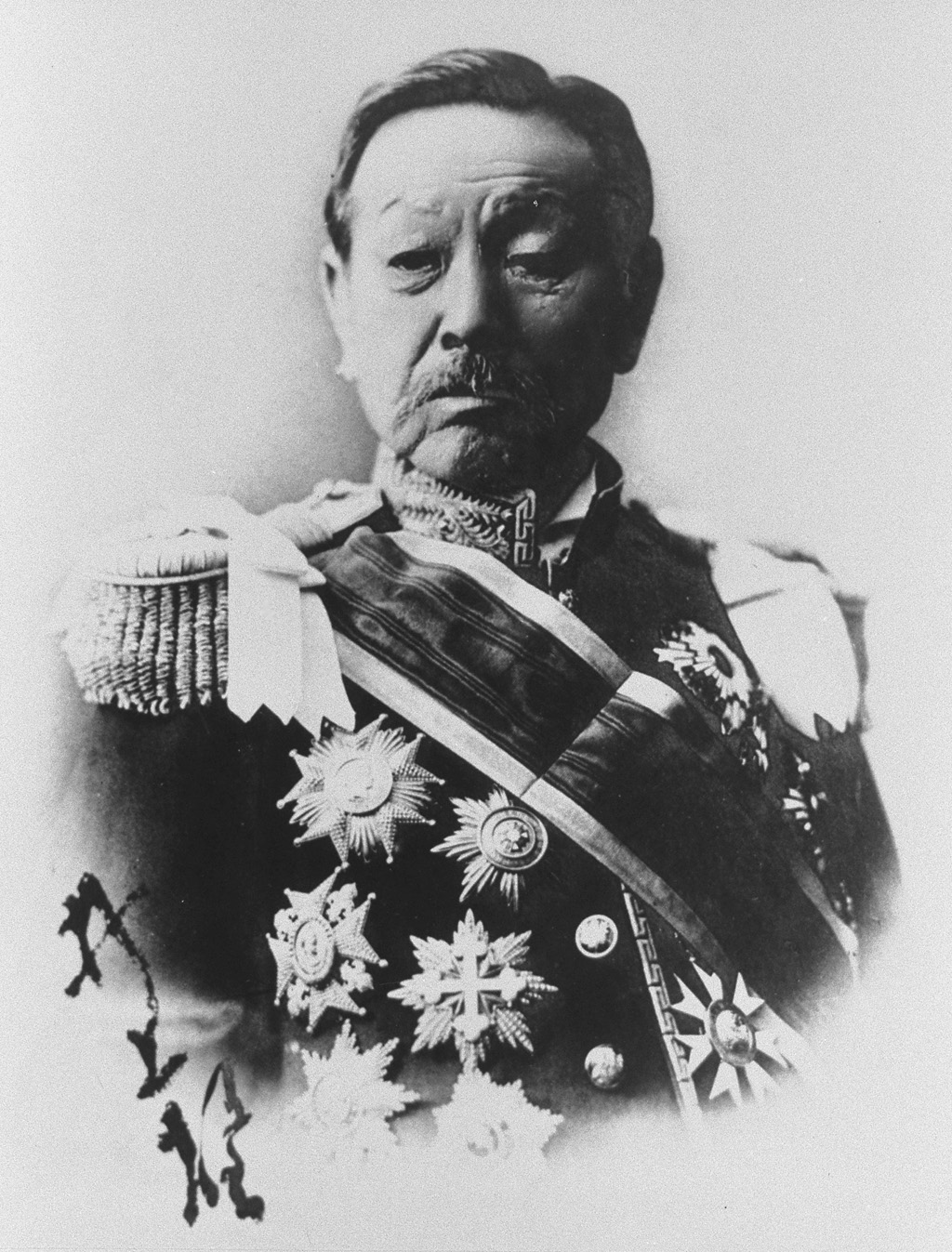
- HOME
- List of Names
- INOUE Kaoru

